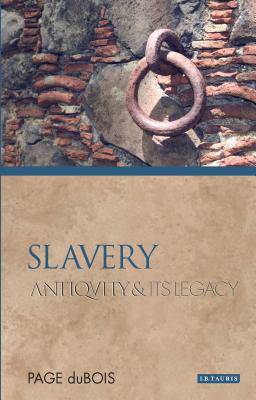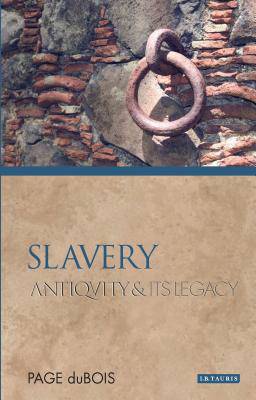
- Afhalen na 1 uur in een winkel met voorraad
- Gratis thuislevering in België vanaf € 30
- Ruim aanbod met 7 miljoen producten
- Afhalen na 1 uur in een winkel met voorraad
- Gratis thuislevering in België vanaf € 30
- Ruim aanbod met 7 miljoen producten
Omschrijving
'Life, liberty and the pursuit of happiness' is perhaps the most famous phrase of all in the American Declaration of Independence. Thomas Jefferson's momentous words are closely related to the French concept of 'liberte, egalite, fraternite'; and both ideas incarnate a notion of freedom as inalienable human right that in the modern world we expect to take for granted. In the ancient world, by contrast, the concepts of freedom and equality had little purchase. Athenians, Spartans and Romans all possessed slaves or helots (unfree bondsmen), and society was unequal at every stratum. Why, then, if modern society abominates slavery, does what antiquity thought about serfdom matter today? Page duBois shows that slavery, far from being extinct, is alive and well in the contemporary era. Slaves are associated not just with the Colosseum of ancient Rome but also with Californian labour factories and south Asian sweatshops, while young women and children appear increasingly vulnerable to sexual trafficking. Applying such modern experiences of bondage (economic or sexual) to slavery in antiquity, the author explores the writings on the subject of Aristotle, Plautus, Terence and Aristophanes.
She also examines the case of Spartacus, famous leader of a Roman slave rebellion, and relates ancient notions of liberation to the all-too-common immigrant experience of enslavement to a globalized world of rampant corporatism and exploitative capitalism.
Specificaties
Betrokkenen
- Auteur(s):
- Uitgeverij:
Inhoud
- Aantal bladzijden:
- 168
- Taal:
- Engels
- Reeks:
Eigenschappen
- Productcode (EAN):
- 9781845119270
- Verschijningsdatum:
- 10/01/2019
- Uitvoering:
- Paperback
- Formaat:
- Trade paperback (VS)
- Afmetingen:
- 135 mm x 213 mm
- Gewicht:
- 226 g

Alleen bij Standaard Boekhandel
Beoordelingen
We publiceren alleen reviews die voldoen aan de voorwaarden voor reviews. Bekijk onze voorwaarden voor reviews.








